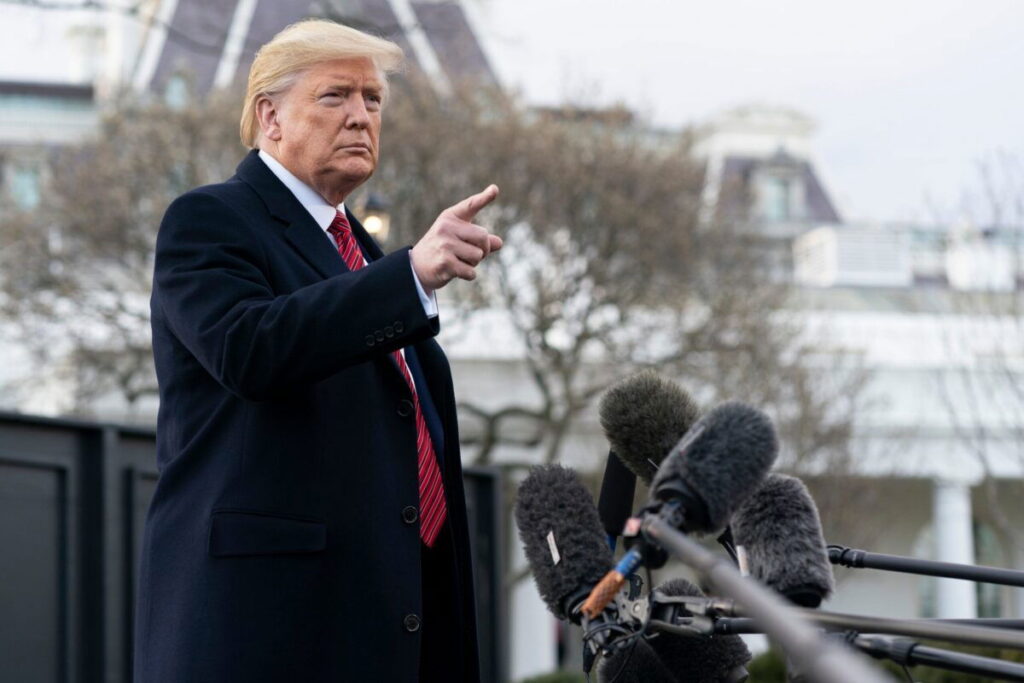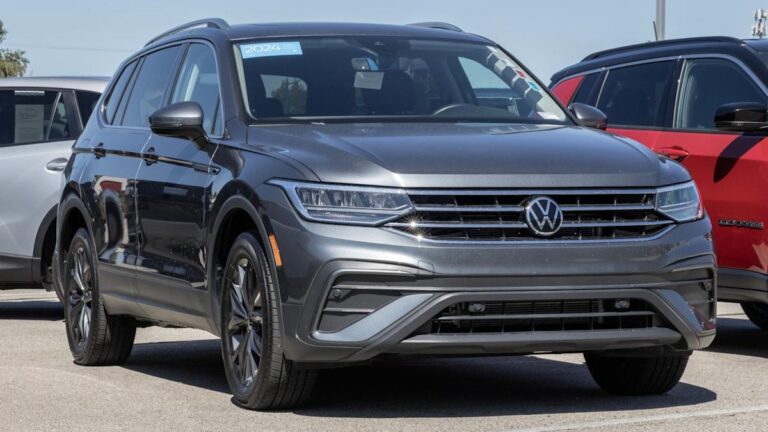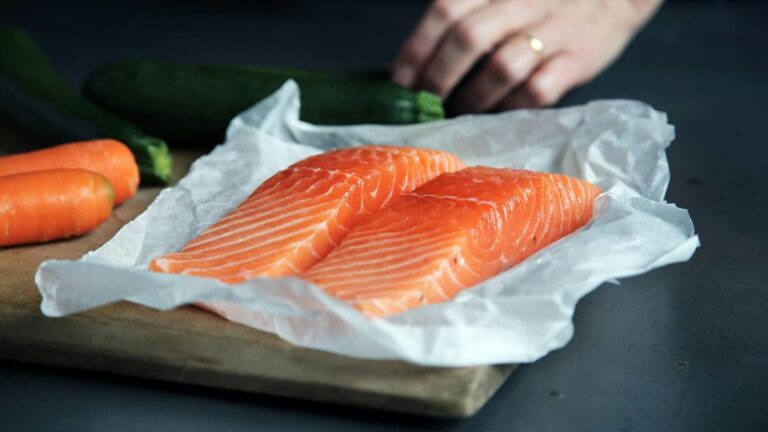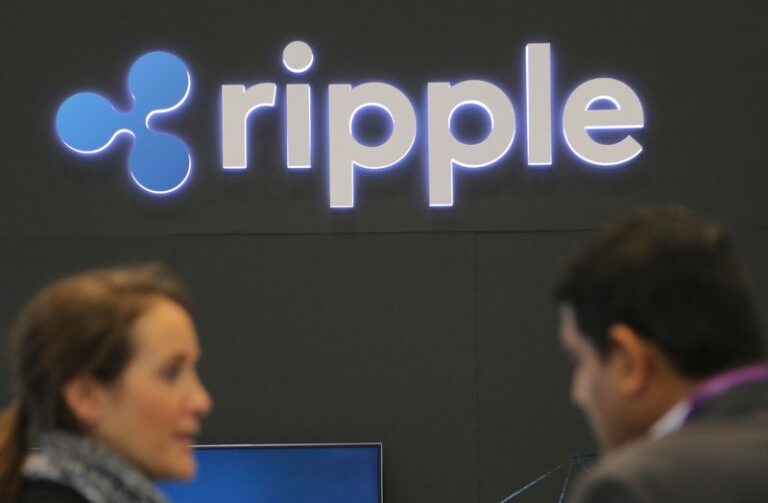
In the latest serving of political drama, Donald Trump took a swipe at European food, claiming it’s not just subpar but potentially downright disgusting. According to him, EU food “pours in” unchecked and hurts American farmers. Charming.
But Bernhard Url, director of the European Food Safety Authority (EFSA), wasn’t having any of it. In an interview he practically spat out Trump’s claims like a mouthful of off yoghurt. “If Mr President was referring to EU food,” Url said, “he’s simply wrong. This cannot be food from the European Union, certainly not.”
Url explained that EU food standards are among the toughest in the world. We’re talking more than five million official inspections a year – that’s a lot of hairnets and clipboards. EFSA, based in Parma (yes, home of the cheese), sits at the centre of a system built on science, strict laws, and the occasional recall of dodgy sausages.
This culinary clash all started with Trump justifying tariffs on EU farm products by saying European imports weren’t safe enough. But according to Url, the real issue isn’t food – it’s trade politics. Some in Washington are hoping Europe will open the gates to more US produce, especially the kind washed in chlorine or packed with growth hormones. But Url says: not on our watch.
“Our food safety standards are not negotiable,” he insisted. “They’re the highest in the world, and they’ll stay that way.” So that’s a firm “no” to chlorinated chicken and hormone burgers, thank you very much.
Europe’s approach to food is based on precaution – think “better safe than sorry.” In contrast, the US tends to be more relaxed, with a system that favours economic efficiency over animal cuddles or long-term health.
Take avian flu, for instance. While the US has been battling outbreaks in dairy herds across 17 states, with dozens of human cases, Europe has kept the situation in check. Even a recent flare-up of foot-and-mouth disease in Germany was swiftly handled, with Hungary, Slovakia and Austria leaping into action like biosecurity ninjas.
EFSA provides the science; member states handle the boots-on-the-ground work – zones, culling, monitoring – the full biohazard toolkit.
And then there’s the food fake news. Url says EFSA spends a lot of time debunking myths, especially around novel foods like edible insects and lab-grown meat. No, Brussels isn’t forcing bug burgers on anyone.
In a world overflowing with dodgy claims and clickbait headlines, Url’s message is simple: “We give people evidence, not fiction.”
The trade war started by the United States with a barrage of tariffs threatens to trigger price hikes in the country, and citizens will likely have to pay more for an iPhone and branded clothing, but also when they go to the supermarket to buy coffee, alcohol, chocolate, or seafood.






